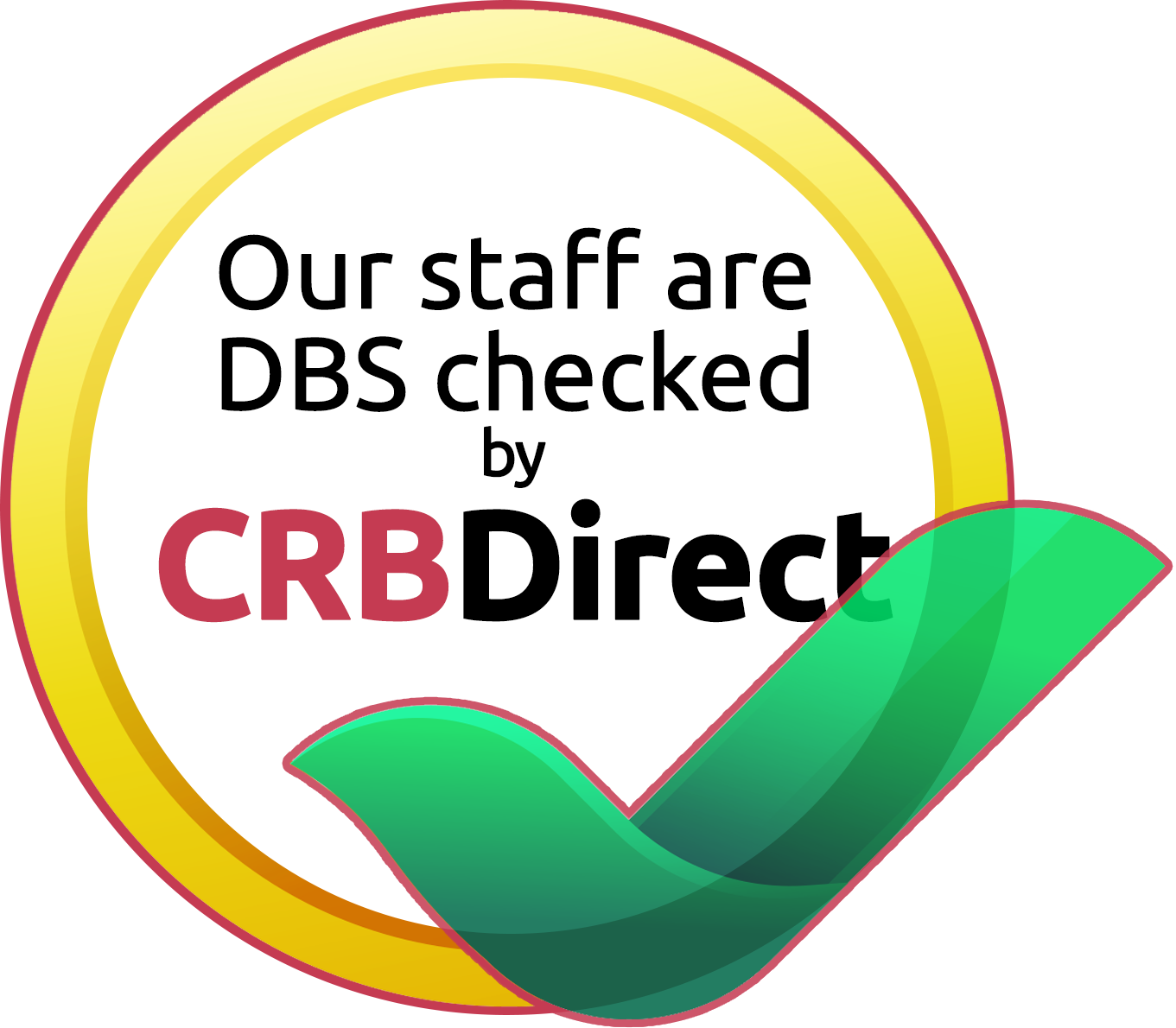Not all job roles require a DBS check, but if yours does, it’s wise to ask questions about they intend storing your information. Recent changes to data protection rules require employers to store personal data carefully and securely. Most employers know the law, and stick to it. If you’ve been asked to have a DBS check, read on to understand why your employer is asking for information, and what they’re allowed to do with it.
Asking for Information as part of DBS Checks
All employers ask for basic information from people applying to work with them. They’ll ask for your passport to prove you’re in the UK legally. They’ll need your NI number and bank details to put you on the payroll system. Ans employer might also ask about contact details for your next of kin. DBS checking is different, and requires separate documentation. There is lots of detail on the government website about the sorts of documents needed for a DBS check. Employers will ask to see a combination of documents which prove who you are, and where you live. This might mean showing bank statements, passport, utility bills or driving licence. Only original documents can be submitted for DBS checking.
Storing your Information
 The law about storing and processing data changed in Spring 2018 when the government adopted the European GDPR law. This law tightened up the previous Data Protection legislation. Fines can be very high for companies which break the GDPR law. Most large employers understand the new laws, and know all about storing your information securely, but some aren’t up to speed yet. Don’t be afraid to ask about how a company intends storing your information, or asking about their security procedures.
The law about storing and processing data changed in Spring 2018 when the government adopted the European GDPR law. This law tightened up the previous Data Protection legislation. Fines can be very high for companies which break the GDPR law. Most large employers understand the new laws, and know all about storing your information securely, but some aren’t up to speed yet. Don’t be afraid to ask about how a company intends storing your information, or asking about their security procedures.
Storing Personal Data Securely
There’s nothing more personal than a DBS form, which could reveal past criminal convictions. Personal data is defined as anything which identifies you. This could include your address, personal email address, phone number or date of birth as well as your DBS information. Employers have a responsibility to store this sort of information safely and securely. “Securely” will mean something different for each business. In a small business, it might mean keeping records in a locked filing cabinet. In a larger company, records are usually kept digitally and should be password protected. Companies should also ensure that only people who need access to your information can get access to it.
DBS Certificates
Your DBS certificate is sent to your home address, not to your employer. You then have the chance to take a look at it before handing it over. If there are any mistakes, get them corrected. Employers should log that they’ve seen your certificate, then return it to you. Keep it in a safe place at home in case they need to see it again in the future.
DBS Update
If you subscribe to the DBS update service, then there’s another layer of security. You can choose to share your password and login details with an employer, but can also check to see who is logging into your account.
